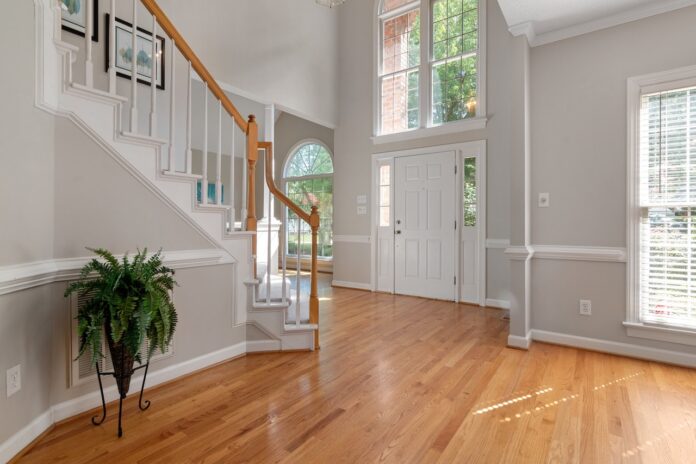Buying a home is expensive. That’s a given, but there are plenty of hidden real estate costs that make your purchase even more pricey than it seemed. Soft costs like moving, cleaning, and inspection expenses can place both the buyer and seller in unexpected debt. To help you prepare for the extra overhead, ensure you have a savings buffer that covers the following.
Hidden Cost 1: Moving Costs
The first hidden cost of a real estate transaction is moving. It’s easy to overlook the cost of transferring your furniture between homes because you’re caught in a whirlwind of moving trucks, multiple cars, buying packing supplies, and serving pizza. You likely won’t save time or money when you choose to move with your friends, so hire a moving team and track its cost.
Hidden Cost 2: Earnest Money
When you’re filling out paperwork for a real estate transaction, you’re asked to put down an “earnest money” security deposit that proves your seriousness about purchasing the property. While you will get your earnest money back if the transaction goes through, you won’t see those funds again if you back out. These costs can range between $100-$1000 or more.
Hidden Cost 3: Cleaning Costs
Sellers are obligated to clean their sold home before they leave, but that doesn’t mean they’ll always do a great job. Additionally, the buyer also needs to clean their house, condo, or apartment before handing over their keys to the next tenant or homeowner. You may have to clean both places in the span of a week, but hiring a cleaning crew can help you manage.
Hidden Cost 4: Property Taxes
All homes require you to pay property taxes, which is a cost that may surprise renters. Depending on where you purchase your home, its size, and the length of your property’s sidewalks, property taxes can become very expensive. Some lenders will include taxes in your mortgages, while others will charge you at the end of the year if your home was undervalued.
Hidden Cost 5: Storage Costs
It’s possible that you’ll never need to pay for storage costs because your furniture fits perfectly in your new home. However, if you sold your previous home or left your apartment while your new home is occupied, you’ll need a space for your stuff. While you can put money away for storage, try to sell off unneeded items ahead of time to avoid purchasing storage space.
Hidden Cost 6: Homeowners Insurance
Homeowners insurance is another cost often added to your mortgage. It’s required by law to own some form of homeowners insurance, regardless of where you live in the United States, so you can’t opt-out of this add-on. Keep in mind that there’s always a possibility your insurance will fluctuate month per month based on the market, inflation, and your coverage needs.
Hidden Cost 7: Escrow Costs
Escrow is a legal arrangement where a third party holds a large sum of money. This practice is incredibly important in real estate because it protects the buyer from unexpected costs and premiums. Buyers are often told to pay their escrow account upfront to cover expenses like insurance and property taxes, and lenders will ask for extra money as a safety net.
Hidden Cost 8: School Taxes
School taxes are used to provide quality education to children who live in your district. If you don’t have children, aren’t planning to have them, or your kids have left the nest, you may feel uncomfortable paying this tax. Before purchasing your home, consider how much you’ll pay towards the schools in your district, as this can determine where you’re willing to move.
Hidden Cost 9: Utilities Costs
Some apartment complexes don’t expect their tenants to pay for utilities, but you’ll have to start paying for electricity, water, gas, sewer, and the Internet. The installation of all these services can start to add up, especially if you need immediate service. On top of that, old homes are more expensive to pay for because they leech heat from unsealed doors and windows.
Hidden Cost 10: Home Maintenance
Home repairs are inevitable, but older homes will have more problems that come with expensive fixes. If you plan to renovate the minute you enter the house; you’ll need a lot of savings. However, this is one cost you can probably hold off for a year or two unless an unexpected emergency occurs. It’s a good idea to save just in case to avoid maxing out your credit cards.







